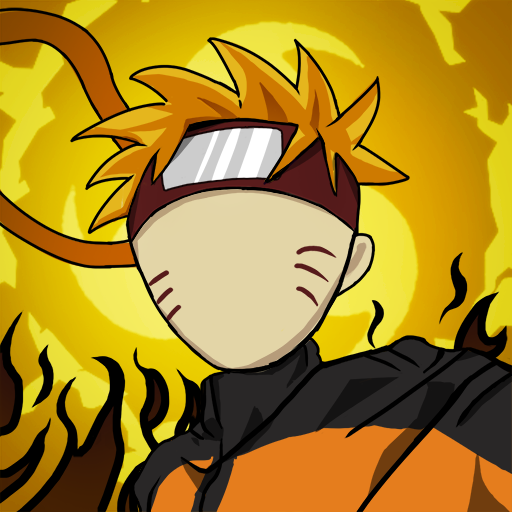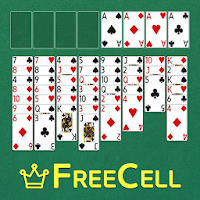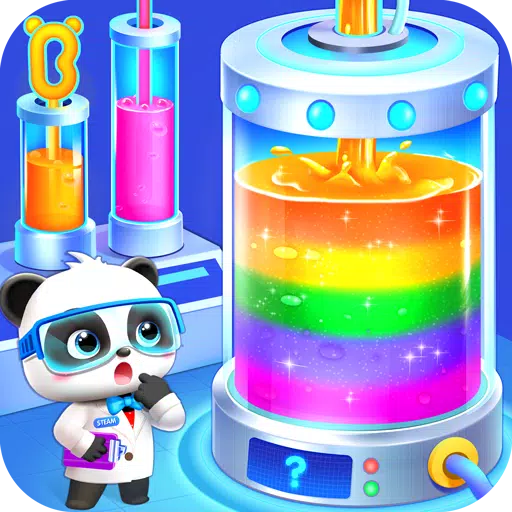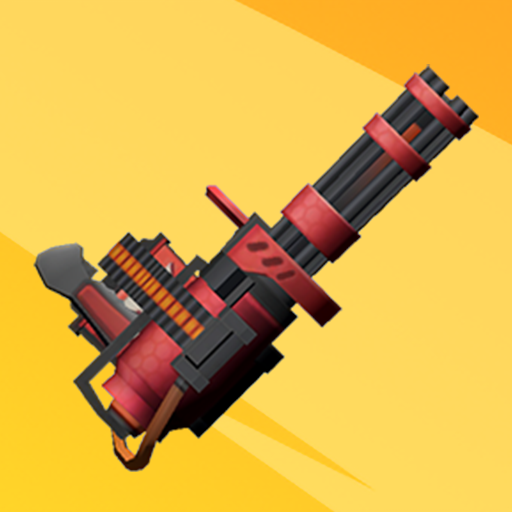The Marvel Cinematic Universe has transformed entertainment with its interconnected films and TV series, weaving a cohesive, long-running narrative. In contrast, Marvel video games operate independently, with no shared storyline. For instance, Insomniac’s Marvel’s Spider-Man series has no connection to Eidos-Montreal’s Marvel's Guardians of the Galaxy. Upcoming titles like Marvel 1943: Rise of Hydra, Marvel's Wolverine, and Marvel’s Blade also lack any narrative links.
Disney once envisioned a Marvel Gaming Universe to mirror the MCU’s success in video games. So, why didn’t it happen?

DC and Marvel Superheroes: Top Recent Game Picks
Choose the Best

 New duel
New duel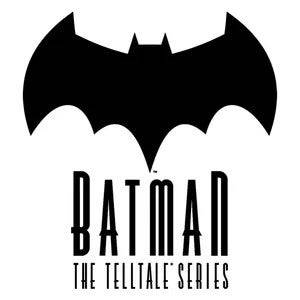 1ST
1ST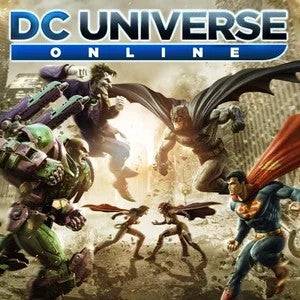 2ND
2ND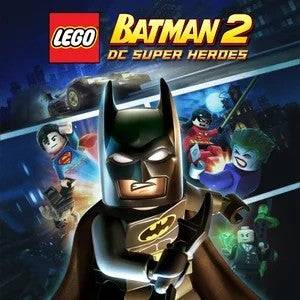 3RDSee your ResultsComplete the game to view your personal results or check the community’s picks!Continue playingSee results
3RDSee your ResultsComplete the game to view your personal results or check the community’s picks!Continue playingSee resultsOn The Fourth Curtain podcast, hosts Alexander Seropian and Alex Irvine discussed the abandoned Marvel Gaming Universe concept, which they both contributed to, and explained why it never materialized.
Seropian, a co-founder of Bungie, known for Halo and Destiny, later led Disney’s video game division until 2012. Irvine, a seasoned Marvel games writer, recently crafted world-building, dialogue, and character backstories for the hit title Marvel Rivals.
Reflecting on his work, Irvine shared details about the shelved Marvel Gaming Universe.
“When I began working on Marvel games, the plan was to build a Marvel Gaming Universe, similar to the MCU’s structure,” Irvine said. “It never came to fruition.”
Seropian revealed that the Marvel Gaming Universe was his initiative, but it failed to secure funding from Disney’s leadership.
“At Disney, I pushed for connecting these games into a shared universe,” Seropian explained. “This was before the MCU took off, but the idea didn’t get the necessary backing.”
Irvine, who previously worked on the acclaimed Halo alternate reality game I Love Bees at Bungie, elaborated on how the Marvel Gaming Universe could have functioned.
“It was frustrating because we had so many exciting ideas,” he said. “Coming from alternate reality games, I thought it would be amazing to incorporate those elements. We imagined a central hub where all games connected, allowing players to move between titles, linking comics and original content. But, as Alex mentioned, funding never came through, so we just made individual games.”
Why did the Marvel Gaming Universe fail to gain traction at Disney? Irvine suggested its complexity deterred some decision-makers.
“We were grappling with questions like, ‘How does the Marvel Gaming Universe differ from the comics or movies? How do we ensure consistency?’ Those complexities overwhelmed some at Disney, who weren’t ready to tackle them,” Irvine noted.
It’s intriguing to consider what could have been if the Marvel Gaming Universe had been funded. Perhaps Insomniac’s Spider-Man games would have shared a universe with Square Enix’s Marvel's Avengers and Marvel's Guardians of the Galaxy, featuring character crossovers or building toward a grand, Endgame-like event.
Looking forward, questions linger about Insomniac’s Marvel's Wolverine. Will it share a universe with Marvel’s Spider-Man? Could characters like Spider-Man appear in Wolverine?
Ultimately, the Marvel Gaming Universe remains an unrealized dream, another abandoned idea in gaming history. Perhaps, in some alternate reality, it thrives…




